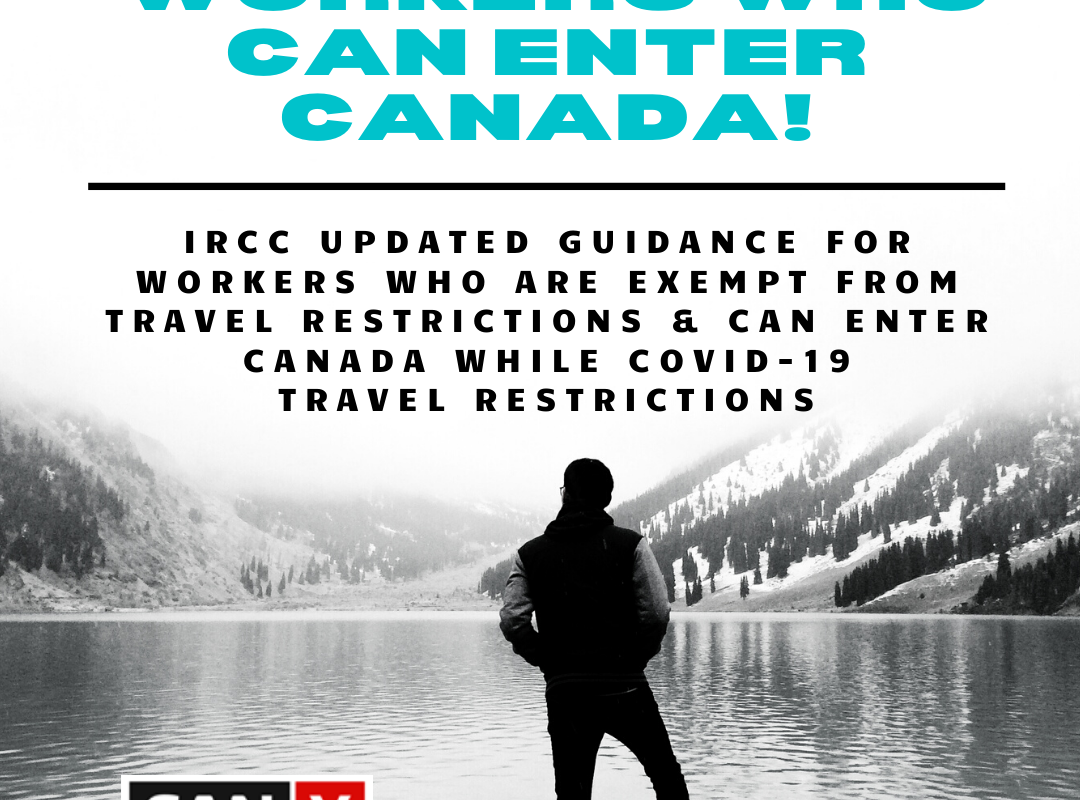Foreign nationals in Canada seeking to extend their stay must apply electronically (online) unless they are one of the exceptions. On June 4, 2019 the Immigration and Refugee Protection Regulations (IRPR) were amended to make an electronic application mandatory for most temporary residence applications made from within Canada. Applications need to be sent electronically if foreign nationals want to:
- apply to remain in Canada as a temporary resident
- apply for a work or study permit or for renewal of such a permit
- apply for restoration of temporary resident status
- apply under youth mobility arrangement
However, Immigration, Refugees and Citizenship Canada (IRCC), allows some exceptions to this rule.
Exceptional circumstances
There may be exceptional circumstance beyond the control of foreign nationals, individuals, or entities, and can be grounds for bypassing the online application requirement. Applicants may fall under this exemption if they cannot submit online application because of inadequate, or incompatible electronic infrastructure in their country. Exceptional circumstances could also include a natural disaster, political turmoil, or another situation that limits their access to electronic communication.
Disability
A foreign national or an individual who, because of a disability, is unable to meet a requirement to make an electronic application may also apply paper-based application.
System restrictions
There are 2 online systems that clients can use
- Come to Canada tool: for assessing eligibility online
- MyAccount: clients register and log in using GCKey or a Sign-In Partner
Come to Canada tool and MyAccount are inadequate for specific applicants inside Canada. As a result, the applicants may be exempt from the mandatory online application.
List of the programs exempt from electronic (online) application are as follows:
- Open work permit pilot program for permanent residence applicants in the spouse or common-law partner in Canada class.
- Live-in caregivers who have submitted an application for permanent residence
- Permanent residence applicants in Canada who used Express Entry to submit their permanent residence application and have received an acknowledgment of receipt letter
- Start-up visa work permit applicants
- Quebec physicians
- International Experience Canada (IEC) participants extending the period of participation or changing employers
- Post-graduation work permit (visitor record to post-graduation work permit and post-graduation work permit extensions
- In-Canada applicants under the 2 pilots for caregivers [Home Child Care Provider Pilot (HCCPP) & Home Support Worker Pilot (HSWP)]
- Destitute students
- Holders of a temporary resident permit valid for a minimum of 6 months
- Seafood-processing workers
- Non-Seasonal Agricultural Worker Program (SAWP) Guatemalan workers
- Urgent referrals process for work permitsor otherwise specified by the Clients Support Centre’s call handling document
- Refugee claimants
- Persons under an unenforceable removal order
- Failed refugee claimants waiting for removal who need to support themselves
- Visitors in Canada applying for an initial study permit, work permit or both who are accompanying a spouse holding a low-skilled work permit
If the foreign national has an authorized paid representative with access to Canada’s APR portal, the representative is required to submit applications electronically on behalf of their client.
Need help staying in Canada!
The COVID-19 pandemic has led to challenging times in Canada and around the world. Many people are under distress and anxiety. We understand! Can-X is here to help you figure it out, so you can have peace of mind. You could be an international student, worker, or visitor looking to extend your stay in Canada. You may be seeking a pathway to permanent immigration. Or you may be looking to reunite with a loved one. Whatever the reason, contact us to discuss your immigration needs, and we will provide our insights and help as much as we can during these difficult times.
We Care!





